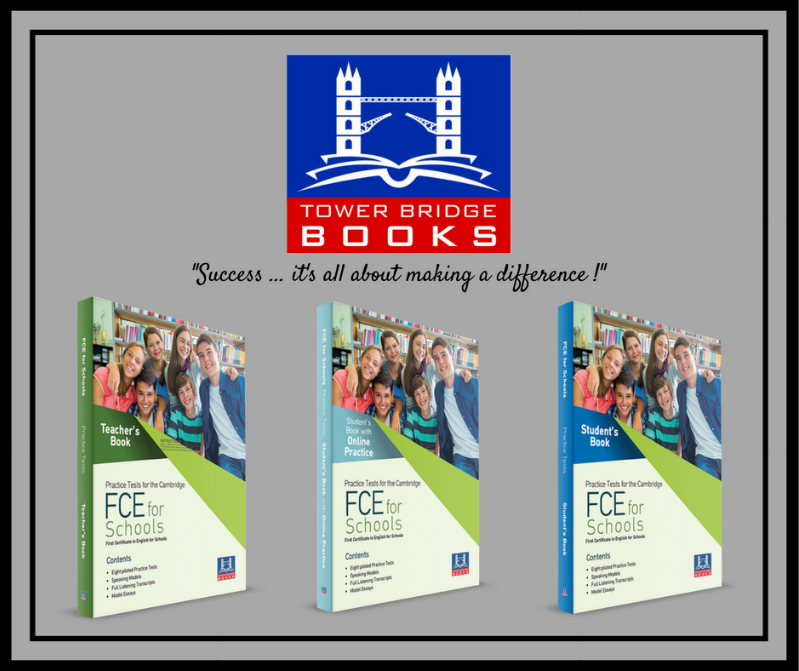Students can talk about themselves or describe some photos given by the teacher. This helps them build confidence when speaking in front of others, and ponder frequently asked questions encountered in the exam. Furthermore, students in class can be shown a video (preferably a talk), and then engage in a discussion related to what they heard. Teachers can provide the necessary topic vocabulary, and elicit answers germane to the discussion. This not only boosts vocabulary, and helps develop students’ speaking skills, but also fosters critical thinking.
Another way to help students improve their speaking skills is by inviting them to tell a story, or make an oral presentation. At this juncture, it should be noted that writing and speaking, as they are both productive skills, can and should be combined for optimal results. When students make an oral presentation, they can talk about an article they found on the internet, or simply read out loud an essay they have written. Debates are also a riveting way to hone students’ speaking skills. The teacher brings a specific topic for discussion, which must be controversial, and engage the students in “heated debate.” One group of students should be “for,” and another “against” a particular topic or idea, so that there will be enough dissension. This is a great way for students to exercise critical thinking, as well as master the structures of oral speech (fillers, linking words, and others). Teachers must ensure that both weak and strong students take part in the debate, spurring them on to air their opinions, regardless of any grammatical or lexical mistakes. Their goal is to communicate as effectively as possible. Practice makes perfect, and this is something that teachers should hammer home.

Your students’ speaking skills will improve by leaps and bounds if, once in a while, particularly a few weeks before the exam, you assign them the role of oral examiner. Students take it in turns to ask each of their classmates questions, following the format of the Speaking exam. Thus, they feel more confident as they step in the examiner’s shoes, and can perceive things in other students’ performance that can make the difference in their own output as well. Certainly, the whole procedure reduces stress levels, and takes the sting out of their anxiety, so to speak.
Students can also play games where the teacher writes a sentence on the blackboard, and they have to complete it. At a B1-B2 level, the teacher must make sure that the sentence chosen should include more sophisticated vocabulary, set phrases, and idiomatic expressions, thus consolidating lexical items or grammatical phenomena they have come across in class.
Another task teachers can assign is the ‘Define it’ game. Students are provided with a list of terms, such as biodiversity or geek, and are asked to provide their own definitions. This will surely activate grammatical and/or syntactical structures and vocabulary. Don’t forget that all these fun tasks will not take more than fifteen or twenty minutes. They can prove effective warm-up activities prior to any exam-specific questions or tasks.
This is the rationale behind our book. The level of the vocabulary and expressions found throughout the eight tests is slightly higher than that expected in the exam, with gripping articles and speaking tasks, where students are actually invited to discuss a variety of topics, and consolidate both lexis and grammar. You will be surprised at your students’ exam results when these come out (after you have used the specific book).
Last but not least, just like all of our books, First for Schools has an online version, which helps every student practise Speaking skills at home by saving time in the classroom. Students are exposed to the layout and structure of the Speaking Section of the exam. Every detail of the exam is covered, so that the student will be fully prepared for the interview on the day of the exam. Model Speaking prompts are provided, so as to get students started and boost their confidence and speaking skills.
Success…it’s all about making a difference!
Dimitris Thanasoulas
Ellen Roberts







